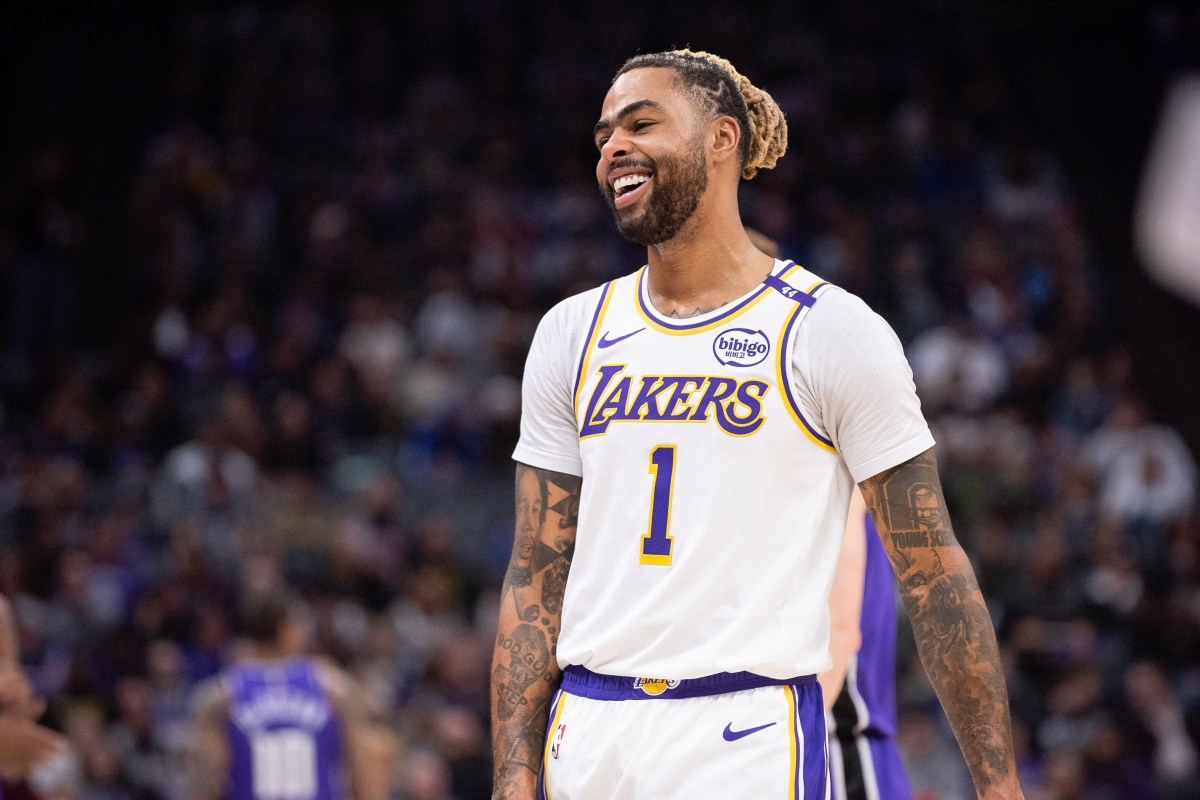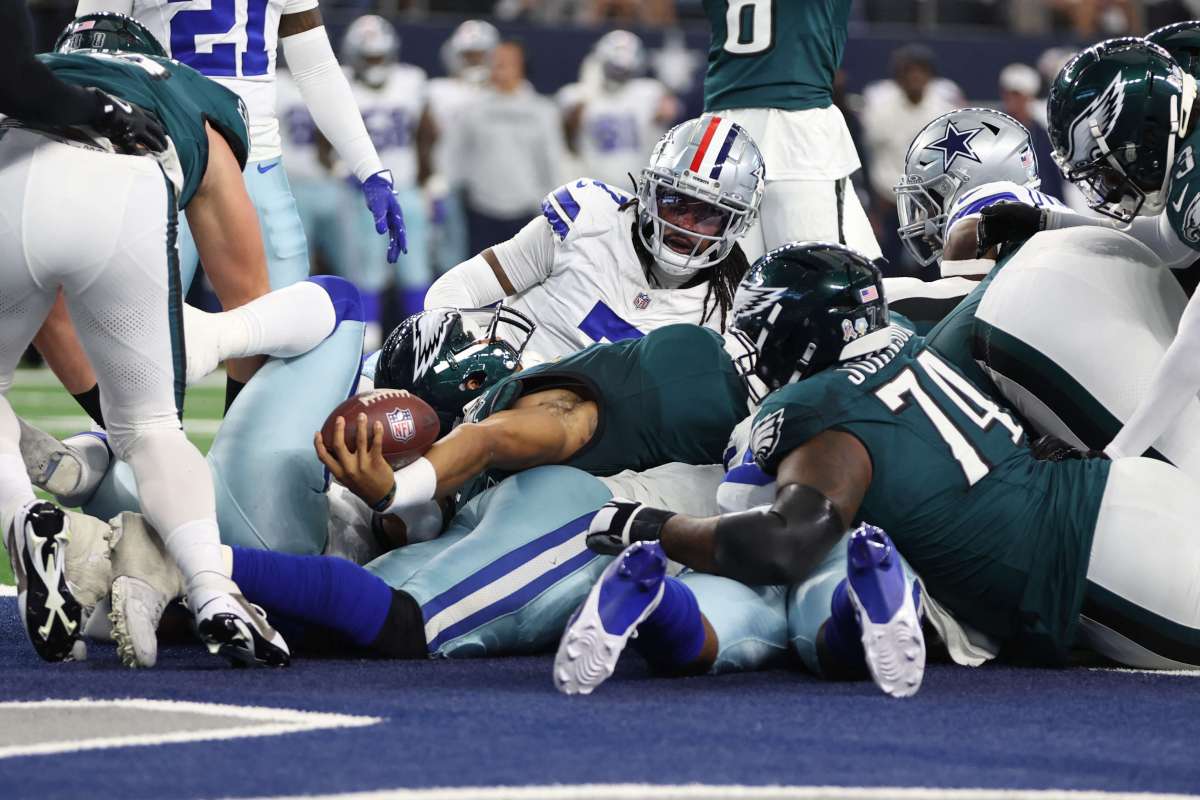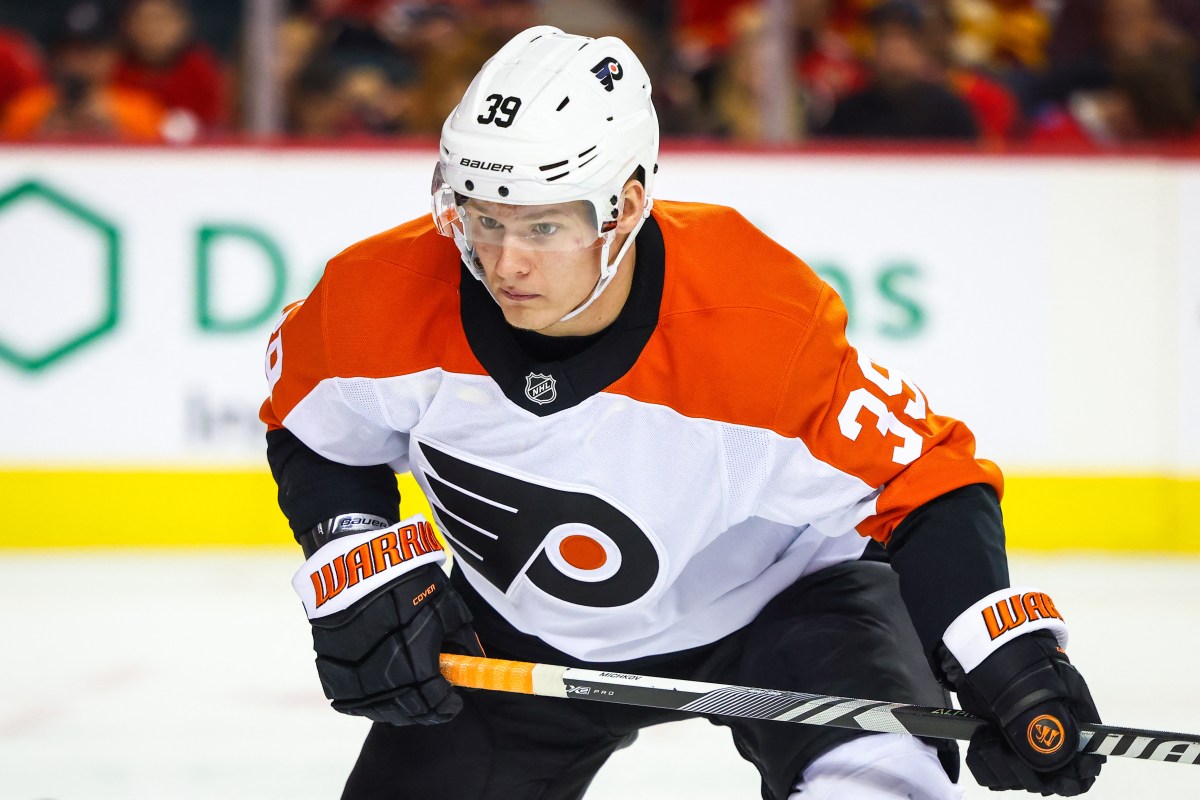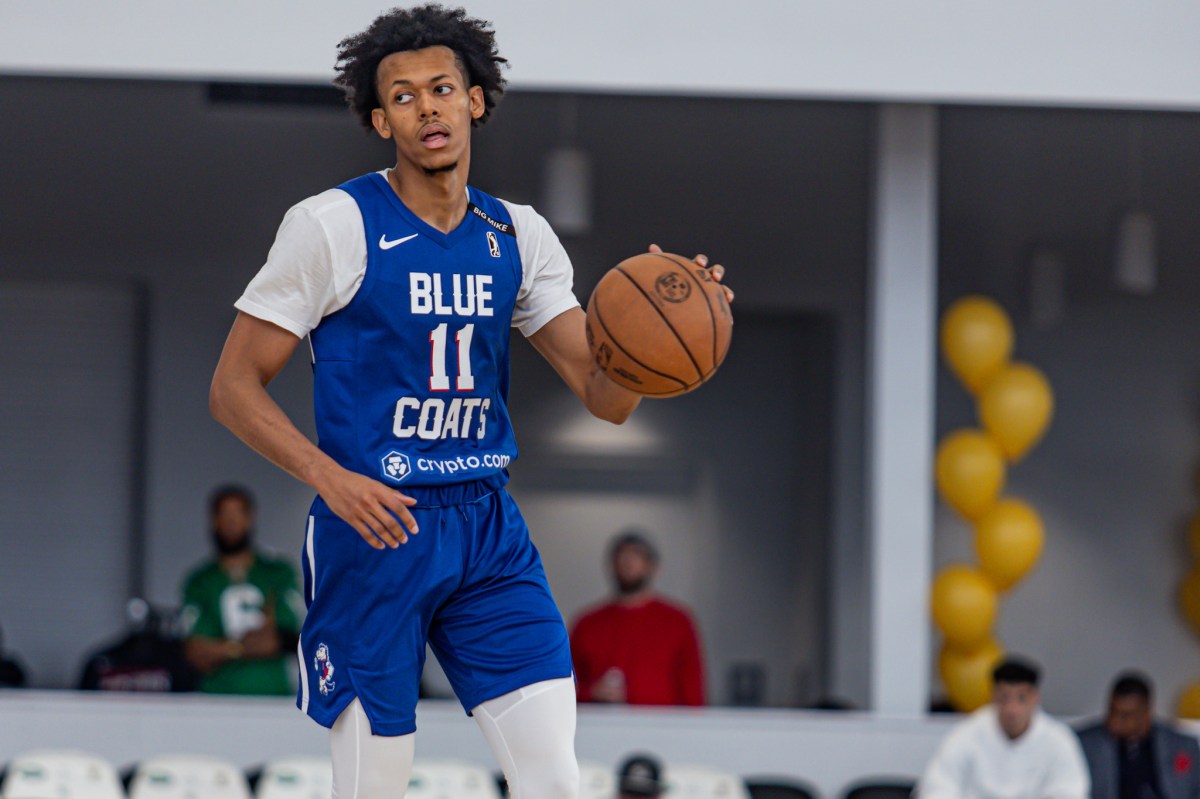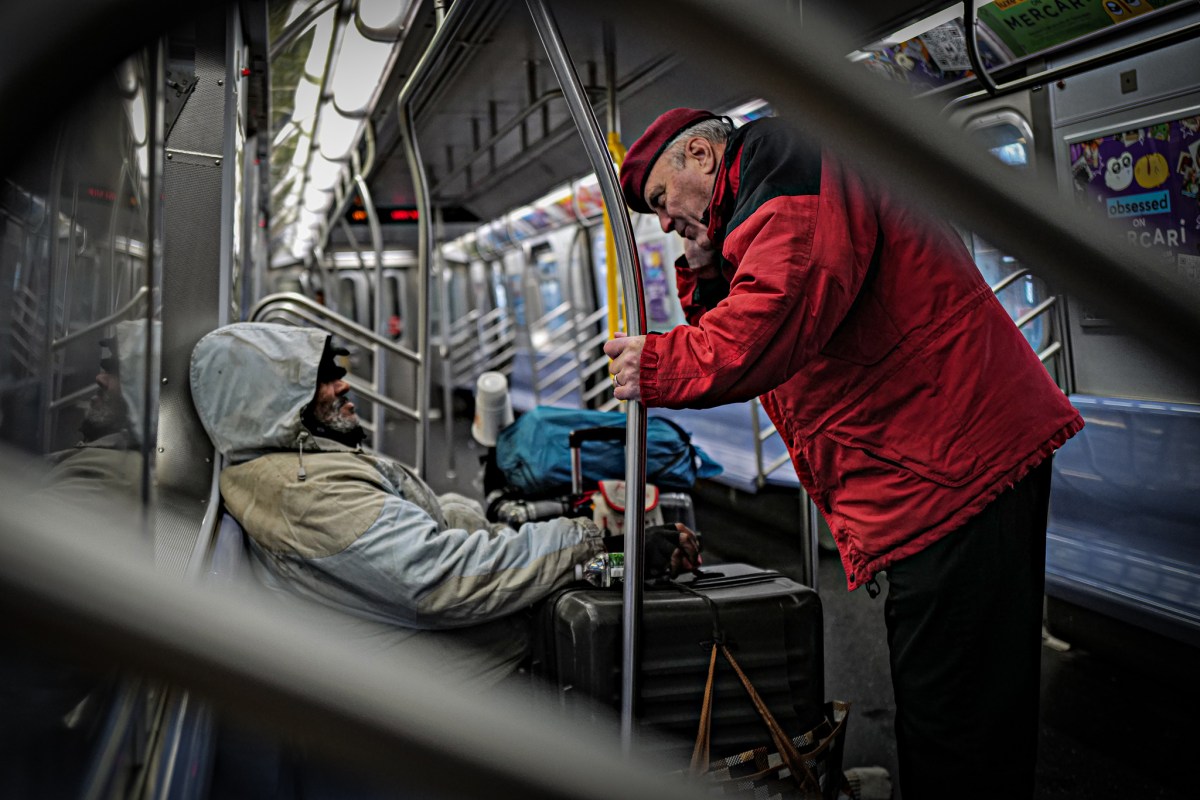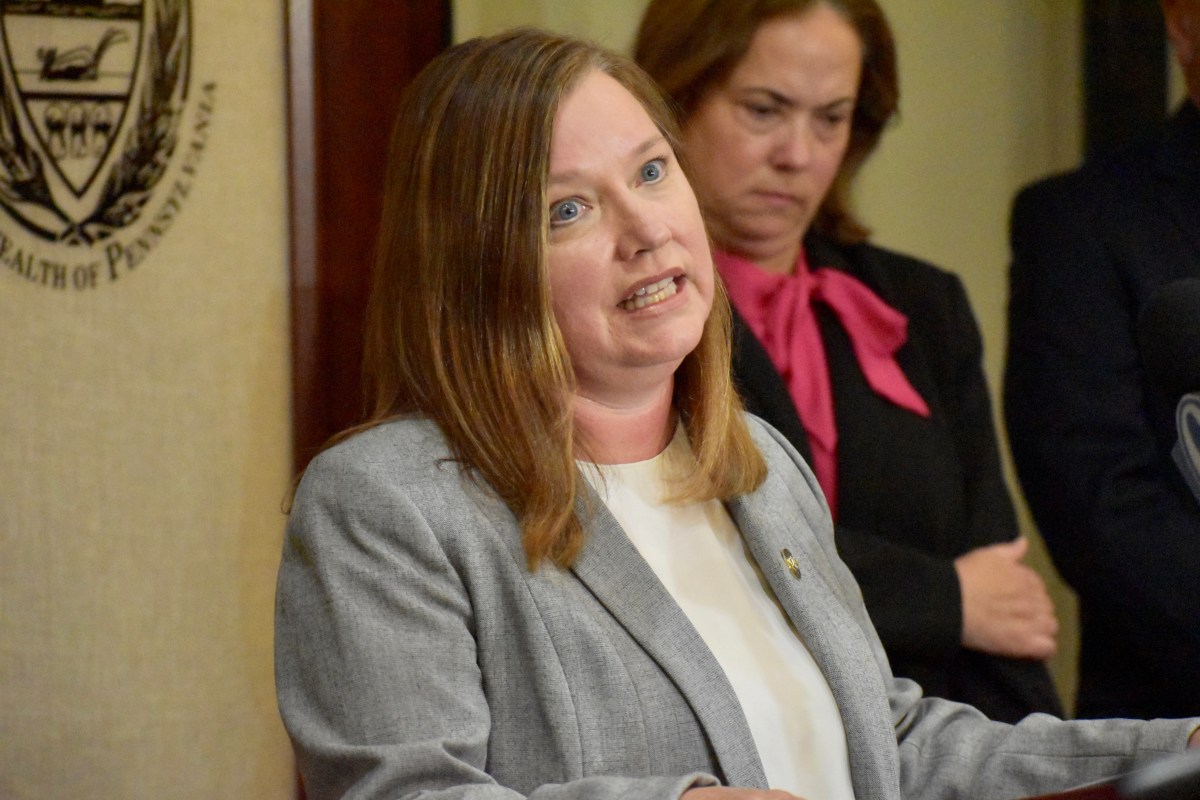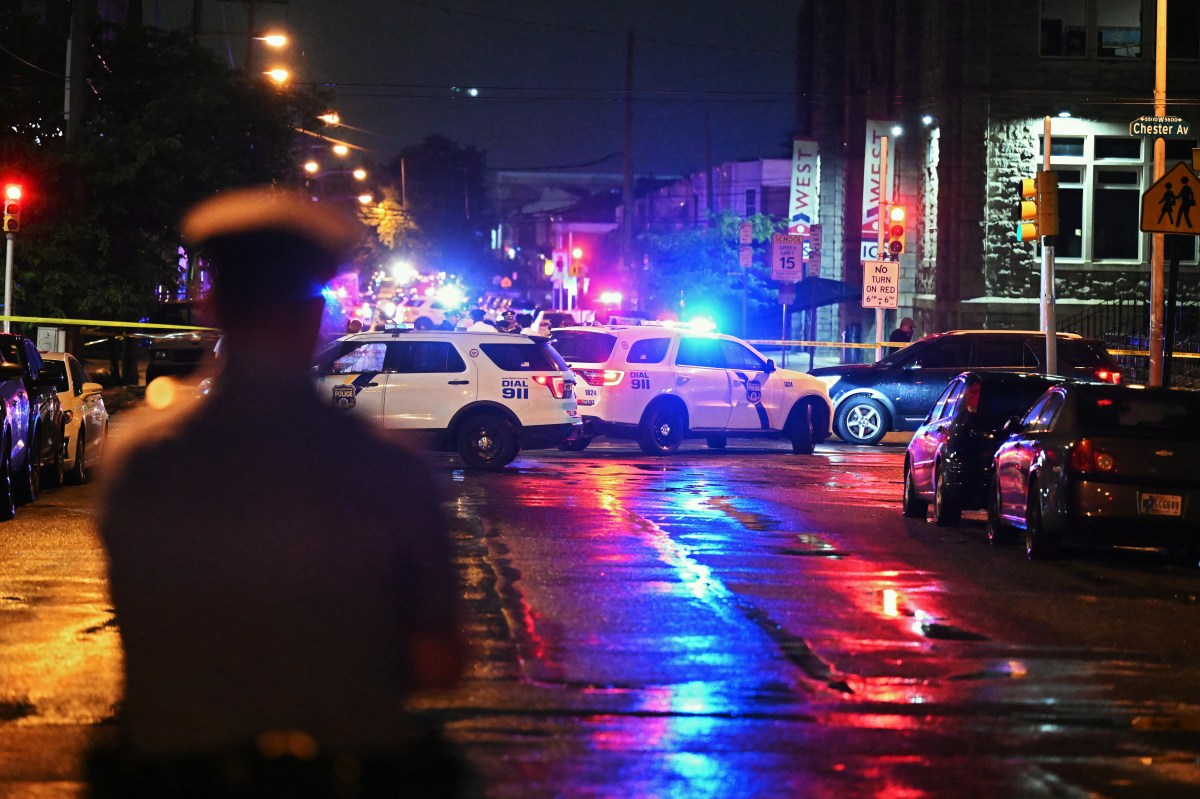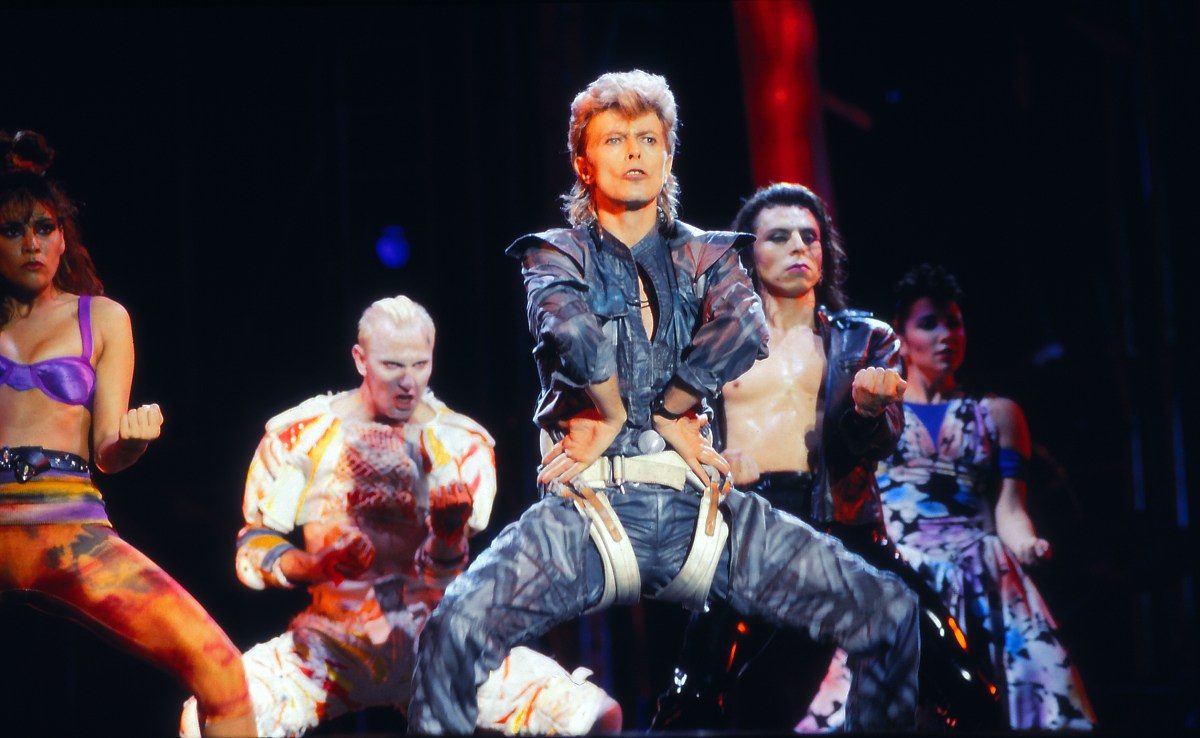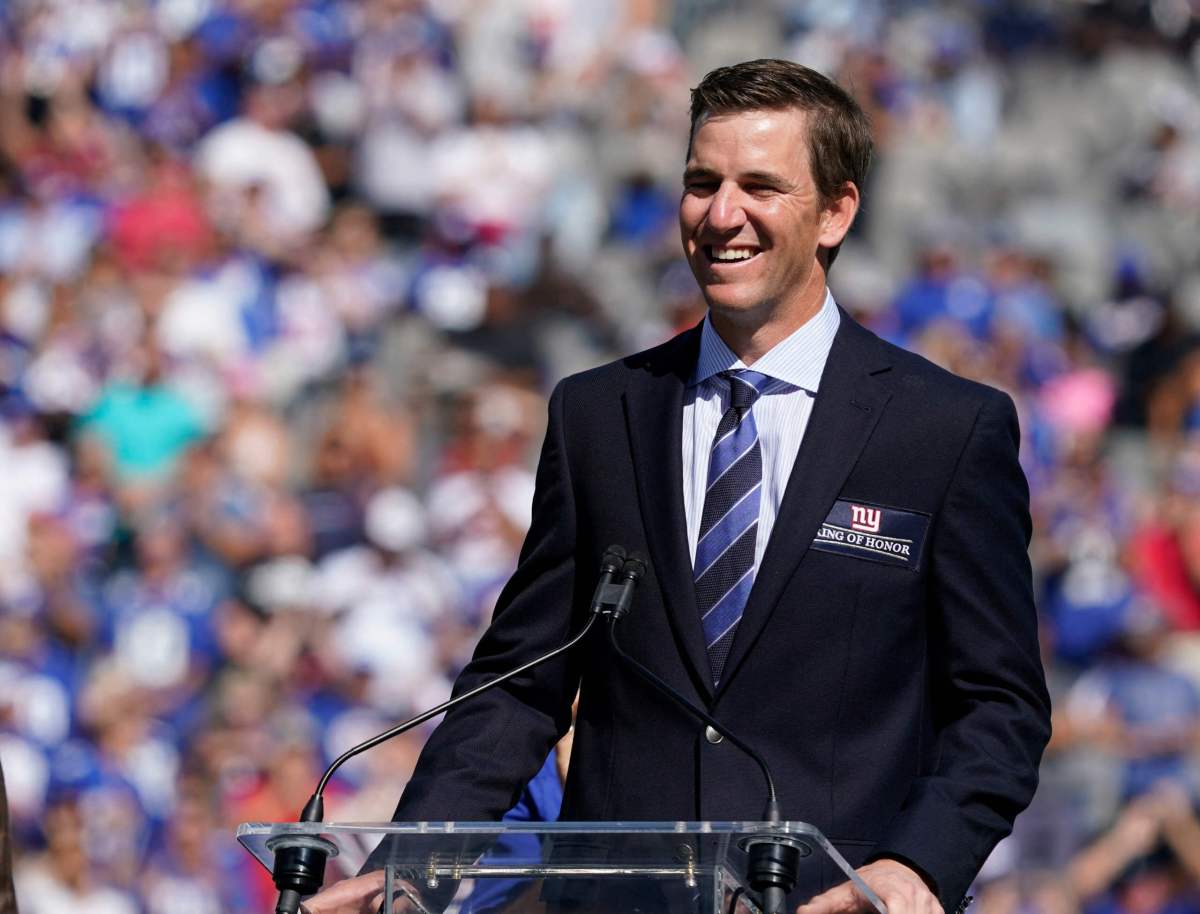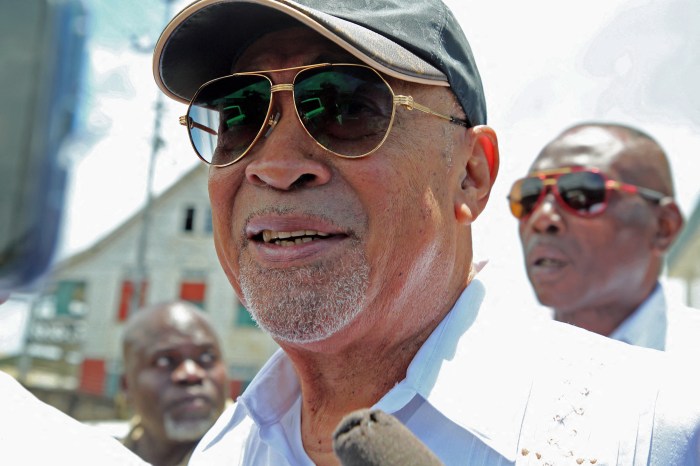BERLIN/STRALSUND, Germany (Reuters) – Germany’s Social Democrats (SPD) saw their lead over Chancellor Angela Merkel’s conservatives narrow in a poll published on Tuesday, pointing to a tightening race just five days before a federal election.
The centre-left SPD, whose candidate for chancellor Olaf Scholz is currently vice chancellor and finance minister in Merkel’s grand coalition, remained stable at 25%, according to the Forsa poll for RTL/n-tv television.
Support for the conservative CDU/CSU alliance, whose chancellor candidate is Armin Laschet, edged up one percentage point to 22%.
The other parties were all unchanged, with the Greens on 17%, the business-friendly Free Democrats (FDP) at 11%, the far-right AfD at 11% and the anti-capitalist Left party at 6%.
At a campaign rally in the northern town of Stralsund, part of her constituency, Merkel implored voters to back her party.
“There is a lot at stake on Sunday,” she told supporters gathered in pouring rain, and flanked by Laschet.
“It is about whether we stick to the course of moderation and centrism … or whether we make policy that only thinks about distribution (of wealth),” she said, arguing that a left-wing coalition could not deliver solid public finances.
SPD STILL AHEAD
Merkel, in power since 2005, plans to stand down after the election. The SPD’s Scholz is German voters’ most popular choice by far to succeed her as chancellor.
Forsa projected that the SPD would win 206 seats in the next Bundestag, the lower house of parliament, the CDU/CSU bloc 185, the Greens 140, the FDP and the AfD 91 each and the Left 49.
This raises the possibility of four coalition options after Sunday’s election:
– the SPD with the Greens and FDP, also known as a traffic light coalition due to their party colours of red, green and yellow;
– the CDU/CSU bloc with the Greens and the FDP, described as a Jamaica coalition in reference to the country’s flag and the party colours of black, green and yellow;
– SPD with the Greens and the Left, dubbed R2G or red-green-red coalition;
– or an SPD-led grand coalition with the conservatives as junior partner.
All parties have ruled out working with the populist, far-right AfD.
Scholz and the Greens have also poured cold water on the idea of forming a coalition with the conservatives, saying that the CDU/CSU alliance needed to rebuild itself in opposition following 16 years of Merkel’s consensus-driven, centrist rule.
(Reporting by Michael Nienaber and Reuters TV, editing by Giles Elgood and Gareth Jones)








